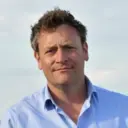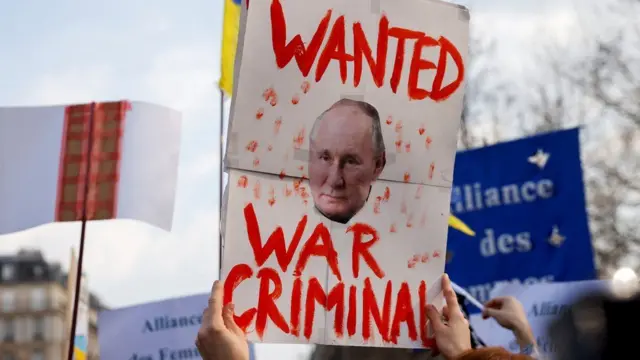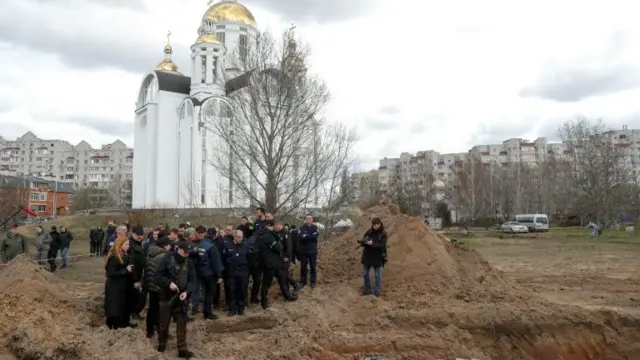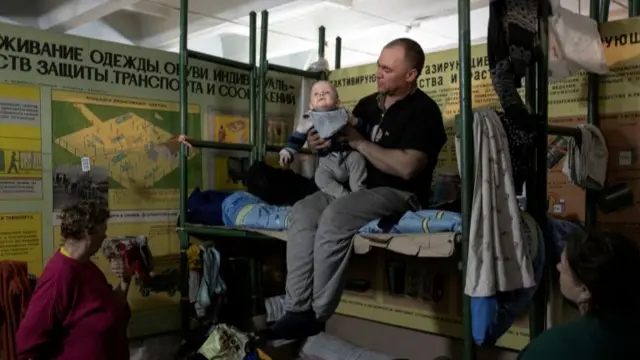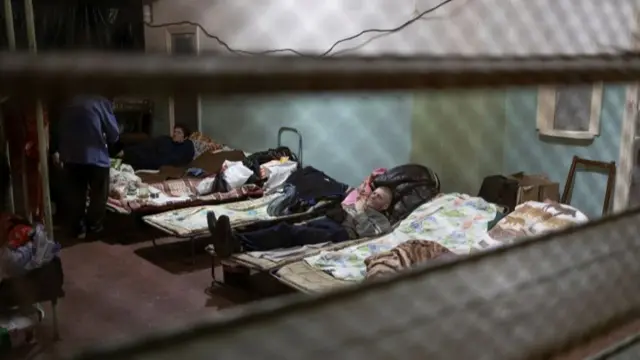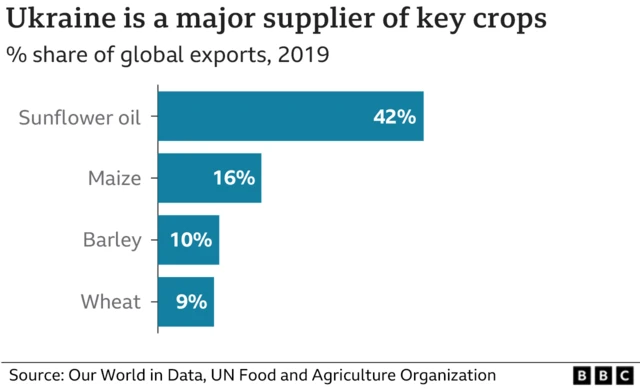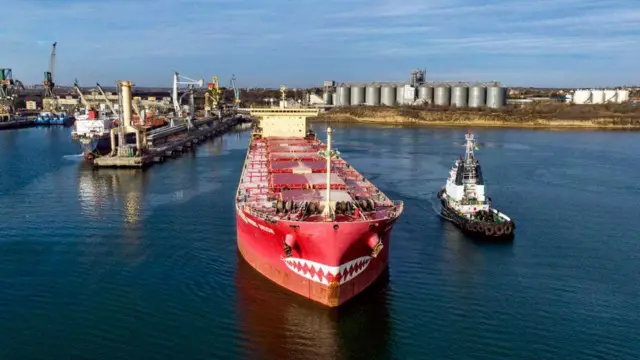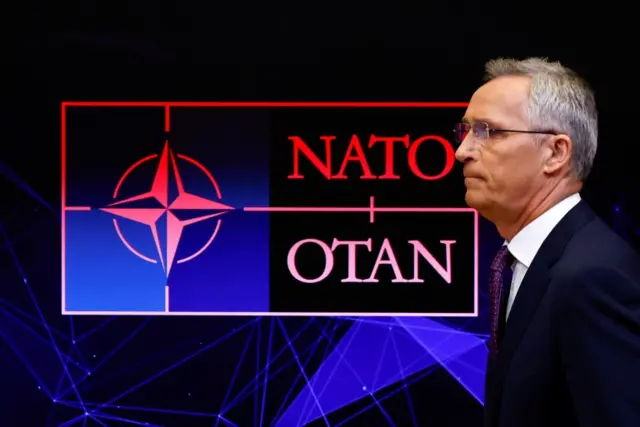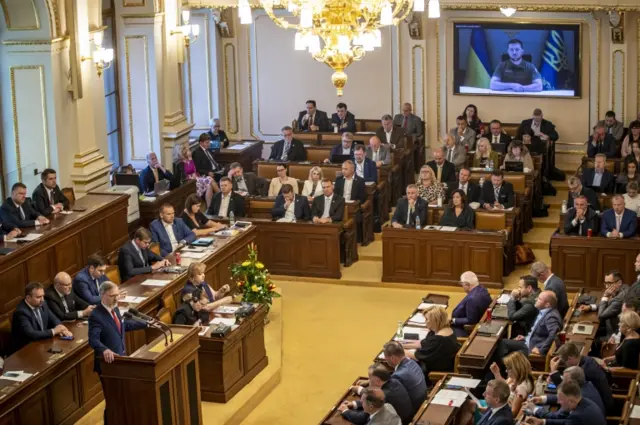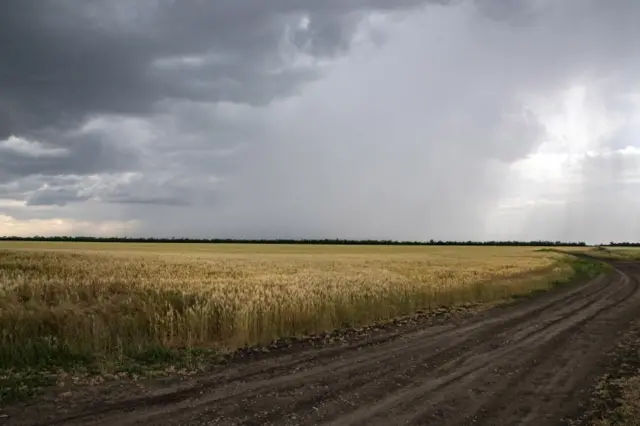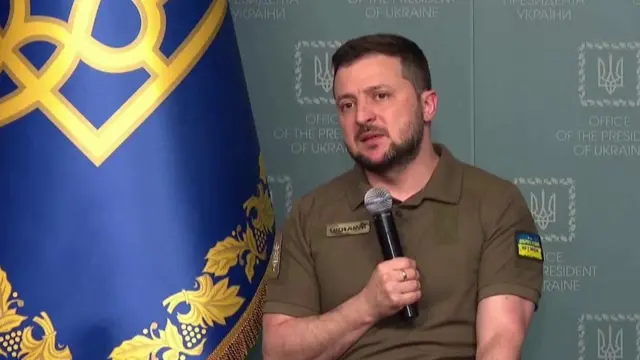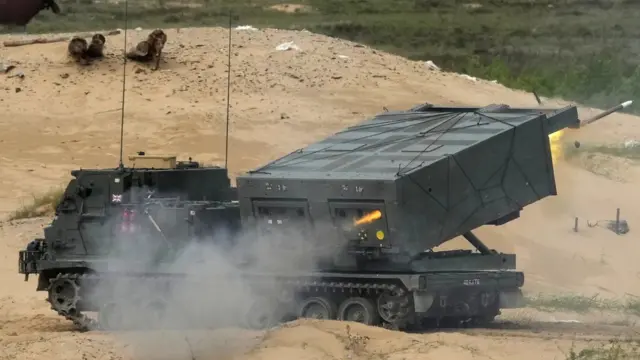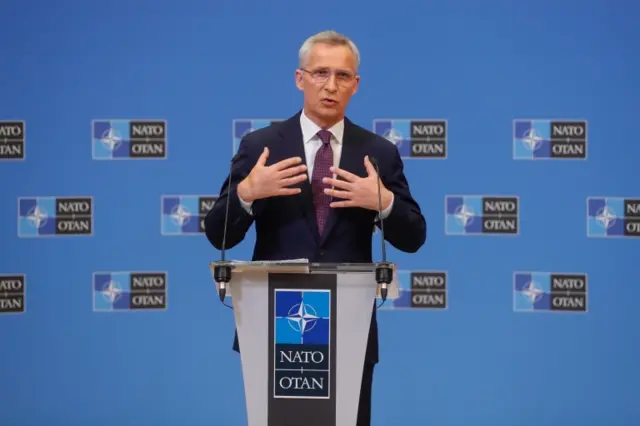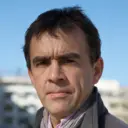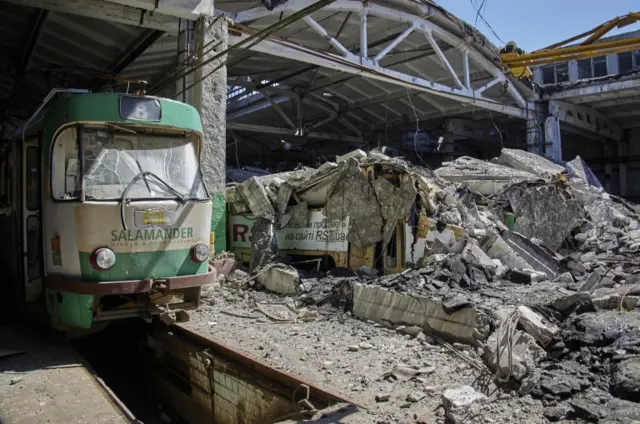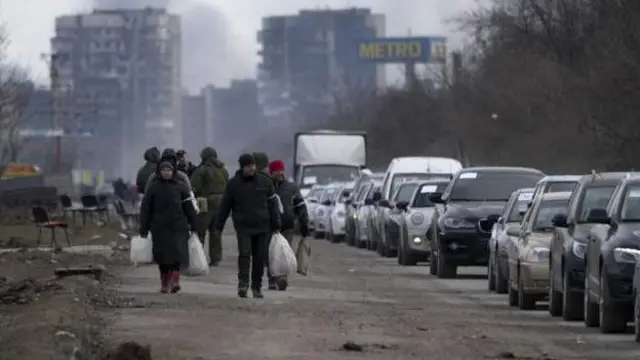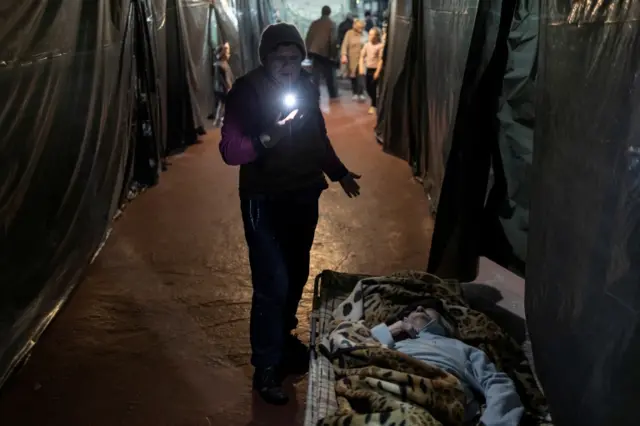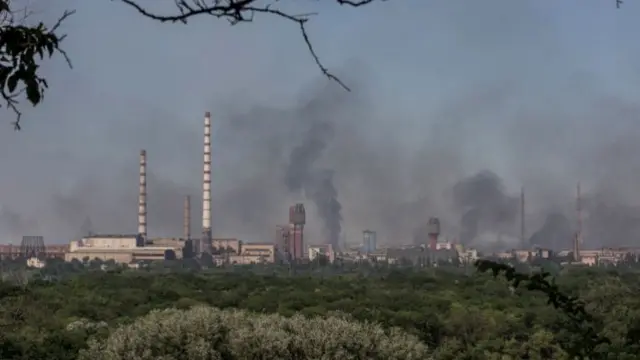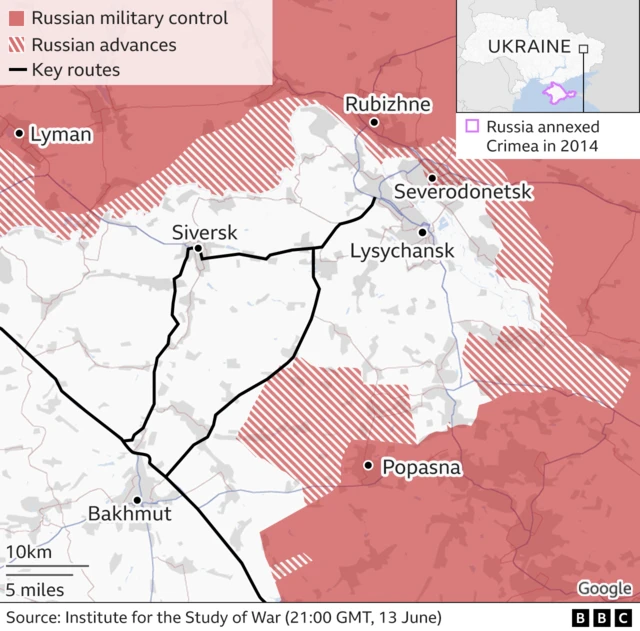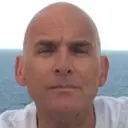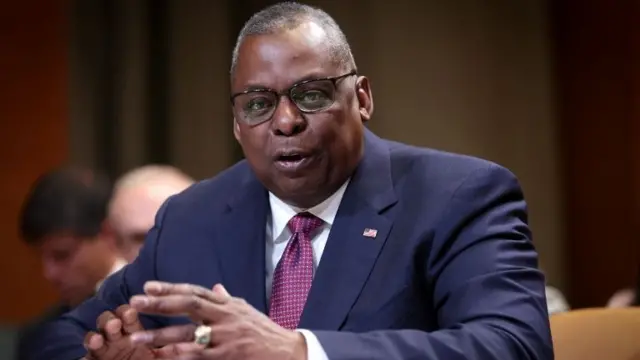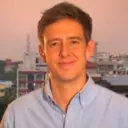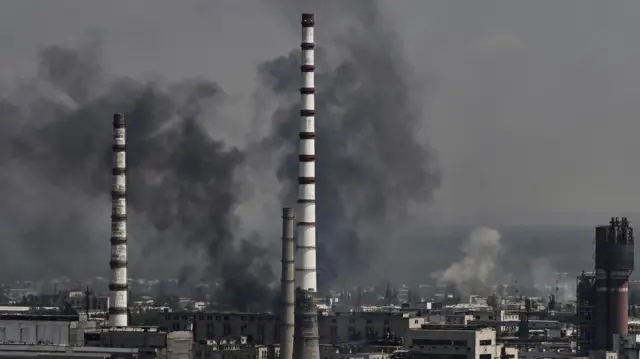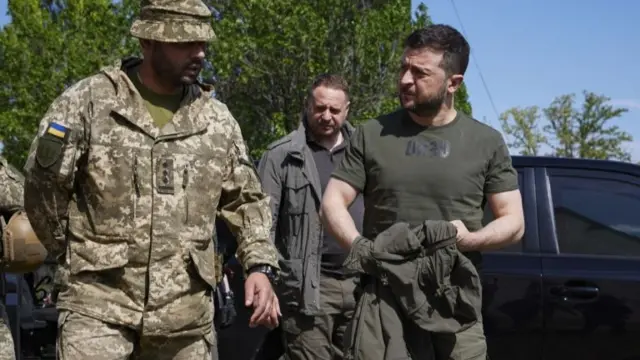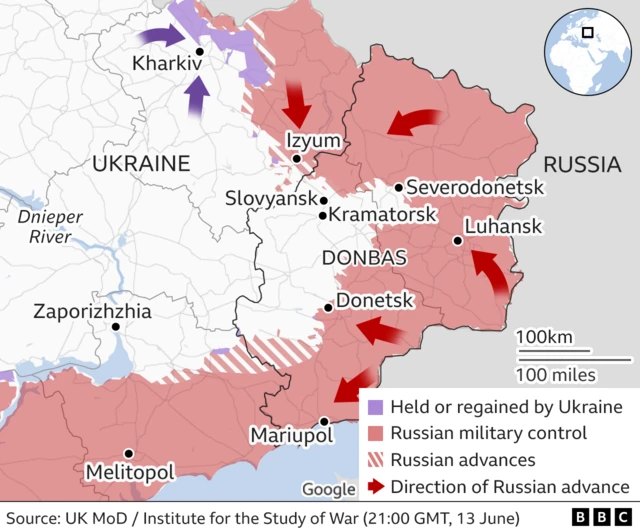Munitions depot in western Ukraine destroyed - Russiapublished at 13:16 British Summer Time 15 June 2022
The Russian Ministry of Defence has said its forces have destroyed a munitions store in Ukraine's Lviv region where weapons transferred from Western allies have been stored.
In its daily briefing posted on Telegram, Moscow's military said "precision long-range missiles" were used to strike the facility in the west of the country where "foreign types of weapons, including 155-mm M777 howitzers" were stored.
The Russian MoD also said it had hit a Ukrainian air base in the Mykolaiv region and destroyed Western military equipment in the east of the country which it said Kyiv planned to use in the Donbas.
Moscow also says 300 Ukrainian soldiers were killed in air strikes.
The BBC is unable to independently verify these reports.

